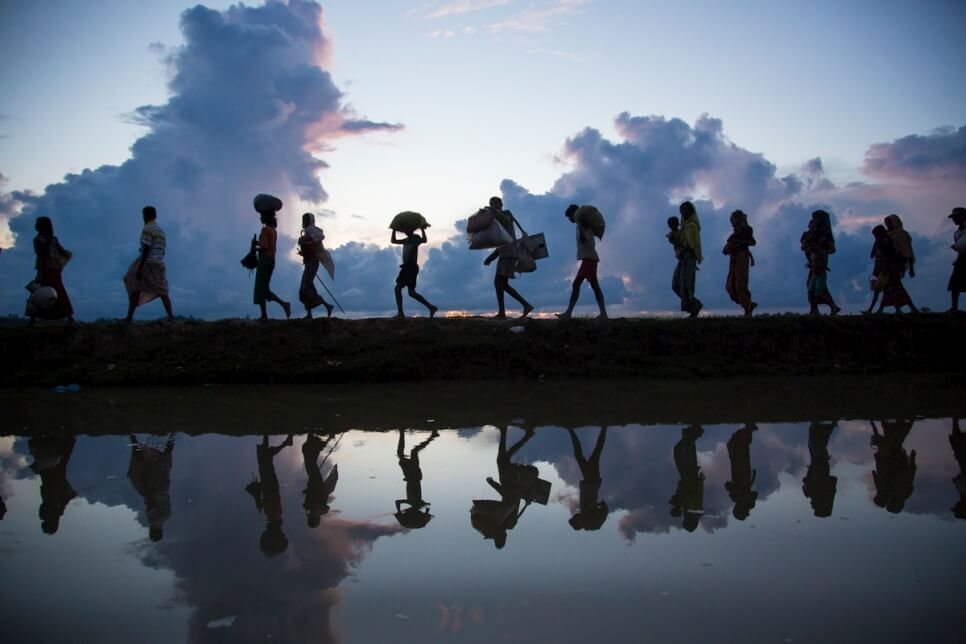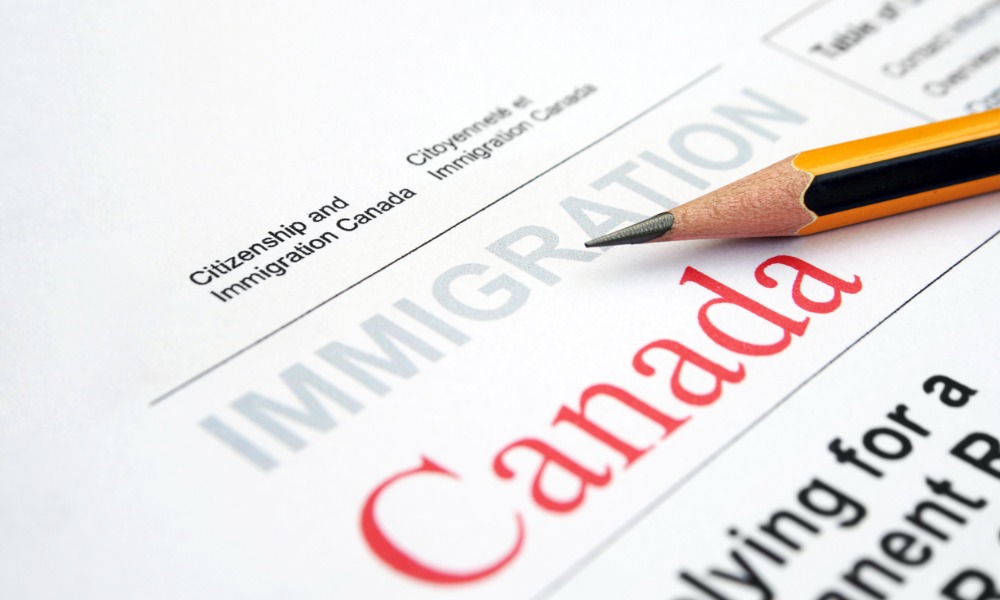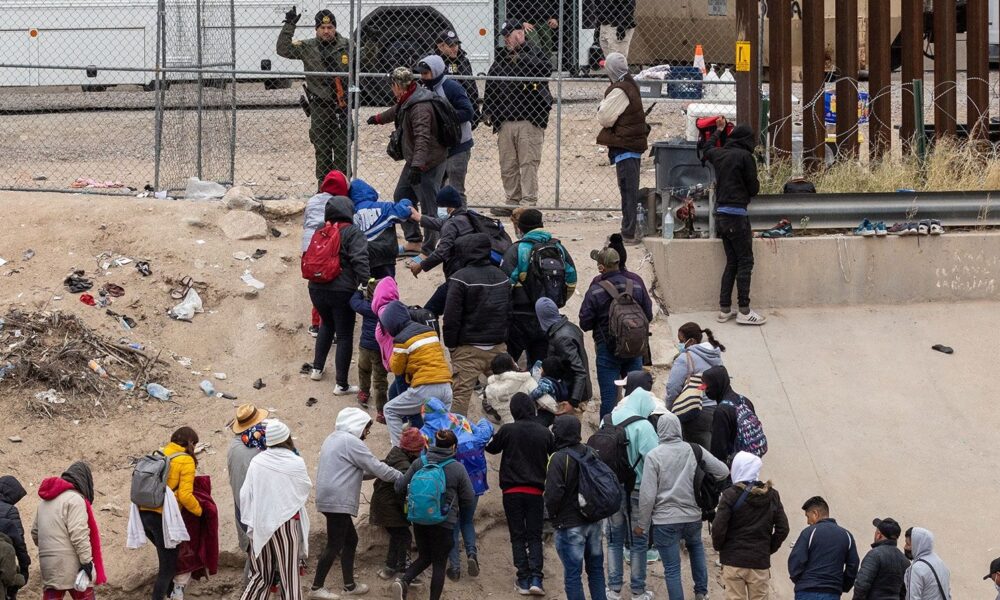
Refugees are people who flee their home country due to persecution, war, or violence. They are often in need of protection and assistance, and international law plays a crucial role in ensuring that their rights are respected and upheld.
International Law and Refugee Protection
International law provides a framework for refugee protection through various treaties and conventions, including the 1951 Convention relating to the Status of Refugees and its 1967 Protocol. These legal instruments define who qualifies as a refugee and outline the rights and obligations of both refugees and states.
Under international law, a refugee is someone who is unable or unwilling to return to their home country due to a well-founded fear of persecution based on their race, religion, nationality, political opinion, or membership in a particular social group. Refugees have the right to seek asylum and protection in another country, and states have an obligation to provide them with such protection.
International law also establishes the principle of non-refoulement, which prohibits states from returning refugees to their home country if they would be at risk of persecution or harm. This principle is a fundamental aspect of refugee protection, as it ensures that refugees’ lives and freedom are not put in danger.
The Importance of International Law in Refugee Protection
International law plays a vital role in protecting refugees by establishing clear guidelines for states to follow and ensuring that refugees’ rights are upheld. Without these legal frameworks, refugees would be at risk of being mistreated, denied access to basic services and protection, and subjected to violence and discrimination.
International law also provides a basis for cooperation between states in addressing the issue of refugees. Through treaties and conventions, states can work together to provide assistance and protection to refugees, share the burden of hosting refugees, and ensure that refugees are treated fairly and with dignity.
Challenges to International Law in Refugee Protection
Despite the importance of international law in protecting refugees, there are many challenges to its implementation. One of the biggest challenges is the lack of political will among some states to uphold their obligations under international law. Some states may be reluctant to provide protection to refugees due to political or economic considerations, or may actively seek to deny refugees their rights.
Another challenge is the complex and changing nature of refugee crises. The number and types of refugees are constantly evolving, and the legal frameworks established by international law may not always be able to keep up. This can lead to gaps in protection and uncertainty for refugees and states alike.
The role of international law in refugee protection cannot be overstated. It provides a vital framework for ensuring that refugees’ rights are respected and upheld, and for promoting cooperation between states in addressing the issue of refugees. While there are challenges to implementing international law in this area, it remains an important tool for protecting some of the world’s most vulnerable people.







